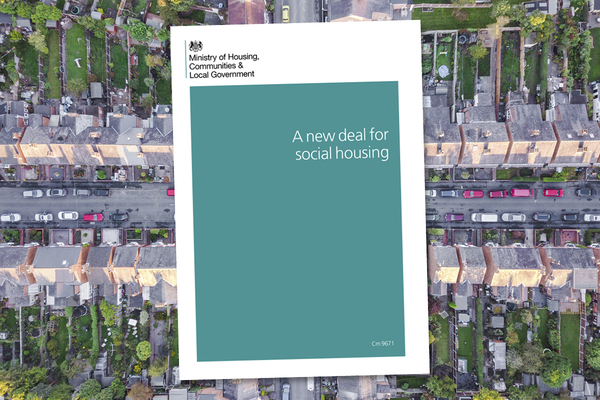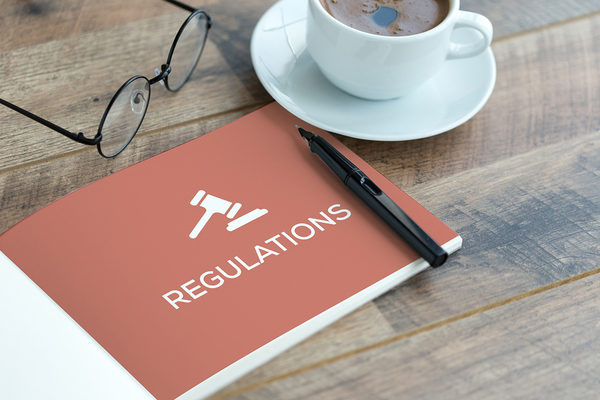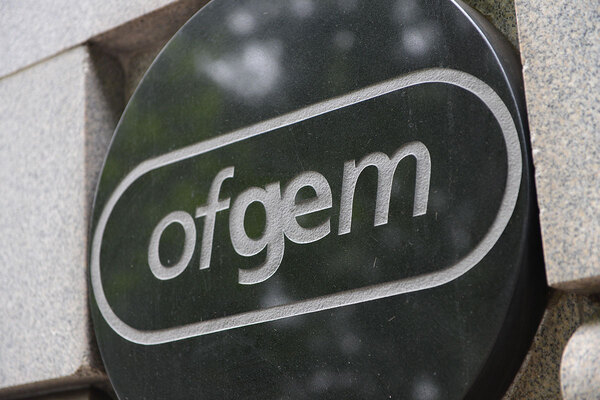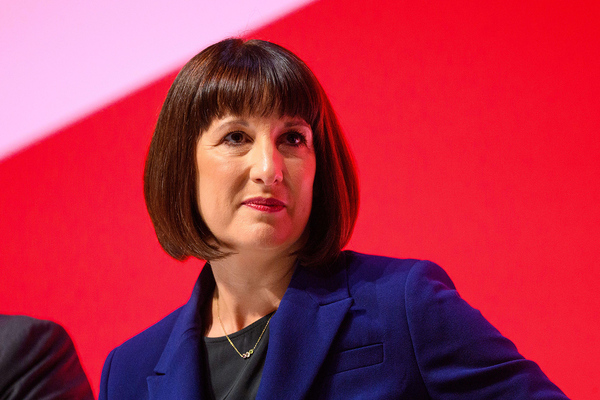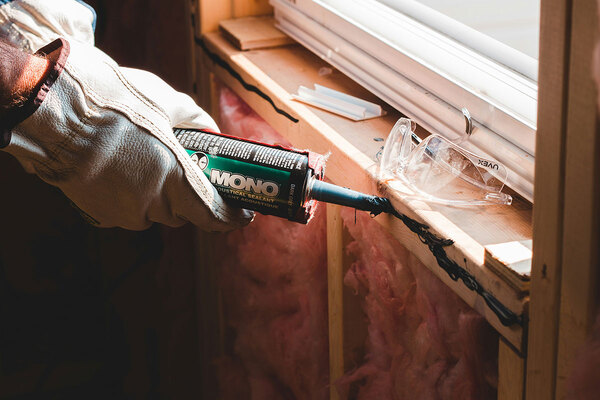You are viewing 1 of your 1 free articles
League tables for social housing providers now ‘unlikely’
League tables for social housing providers are now unlikely to be introduced, Inside Housing has learned.
The idea was a headline proposal of the government’s landmark Social Housing Green Paper published last summer in the wake of the Grenfell Tower fire.
But it is understood ministers are now backing away from league tables after tenants expressed fears they could exacerbate stigma about social housing, in consultation responses to the green paper.
Sources said residents voiced worries that if their landlords ranked poorly it would leave them trapped in homes on estates with bad reputations and unable to switch housing provider.
Ministers are still expected to introduce key performance indicators (KPIs) against which to assess landlords’ performance, but it is not yet clear how these will be deployed.
A consultation on the Social Housing Green Paper closed in early November, with the government yet to issue its response.
Social landlords and sector bodies immediately pushed back against the threat of league tables, warning they could prove “counter-productive” and encourage the wrong priorities.
In consultation responses, the National Housing Federation, the Chartered Institute of Housing and the Local Government Association all attacked the idea and said they could worsen stigma.
Simon Dow, chair of the Regulator of Social Housing, had previously argued that league table critics would need to come up with a “compelling case for what to do instead”.
Jonathan Walters, deputy director of strategy and performance at the Regulator of Social Housing, told Inside Housing: “While many tenants seem concerned that league tables could actually increase the danger of stigma, there does seem to be widespread interest in how KPIs could help tenants hold their landlord to account.
“The final decision will clearly be one for government, but I suspect KPIs may be part of future consumer regulation and I am less sure about league tables.”
A spokesperson for the Ministry of Housing, Communities and Local Government said: “Providing high-quality and well-managed social housing is a core priority for the government.
“We received a large number of responses to the consultation, which we are currently analysing. We expect to publish a response in due course.”
Paul Hackett, chair of the G15 group of London housing associations and chief executive of Optivo, said: “My experience from conversations I have had with tenants is that league tables are not what they are asking for.
“What they want is leadership from housing associations to take the tenant voice seriously with a culture at board and executive team level which reflects that.
“Residents will be much more inclined to get properly engaged with us as their landlords if they feel their views can make a difference.”
Jenny Osbourne, chief executive of tenant engagement body Tpas, said: “Tenants have consistently raised their concern to us about league tables and the impact these will have on the wider issue of stigma.
“What help will it be for tenants whose landlords are amongst the worse performers when in reality there remains so little choice about moving landlord? It could serve to only make a poor situation feel even worse. “Whilst league tables could be a help to make performance more visible across the sector, for most tenants what they are concerned with is the service and treatment they and their neighbours personally receive from their landlord.
“They want that to just simply get better and fast, not what position their landlord is in a table.”
KEY PROPOSALS IN THE SOCIAL HOUSING GREEN PAPER
- New 'league tables' of housing providers based on key performance indicators, surrounding services such as repairs and neighbourhood management. This could be linked to housing grant.
- Consideration to scrapping of the current 'serious detriment' test, to allow 'Ofsted-style' tougher consumer regulation
- New home ownership options such as allowing tenants to buy as little as 1% of their property each year through shared ownership. This would only apply to new shared ownership purchases.
- Ditching of plans to force social landlords to offer fixed term tenancies rather than lifetime tenancies in social housing
- Ditching of plans to force councils to sell off their most valuable social housing when it becomes vacant
- The potential introduction a new stock transfer programme from councils to 'community-led' housing associations
- The return of guaranteed debt funding to help the development of affordable homes, and longer term 'strategic partnerships' for developing housing associations
